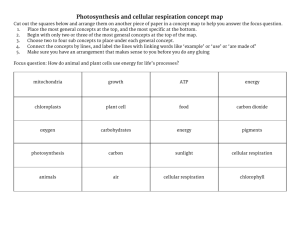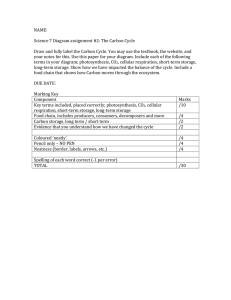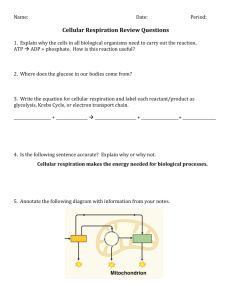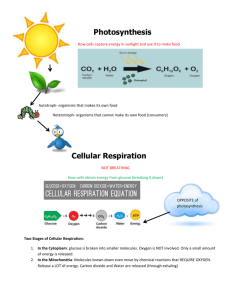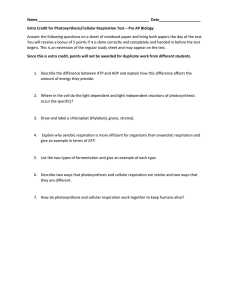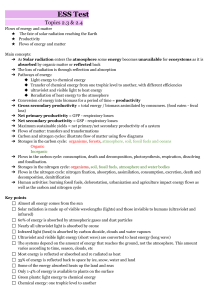First Semester Exam Study Guide Scientific Method
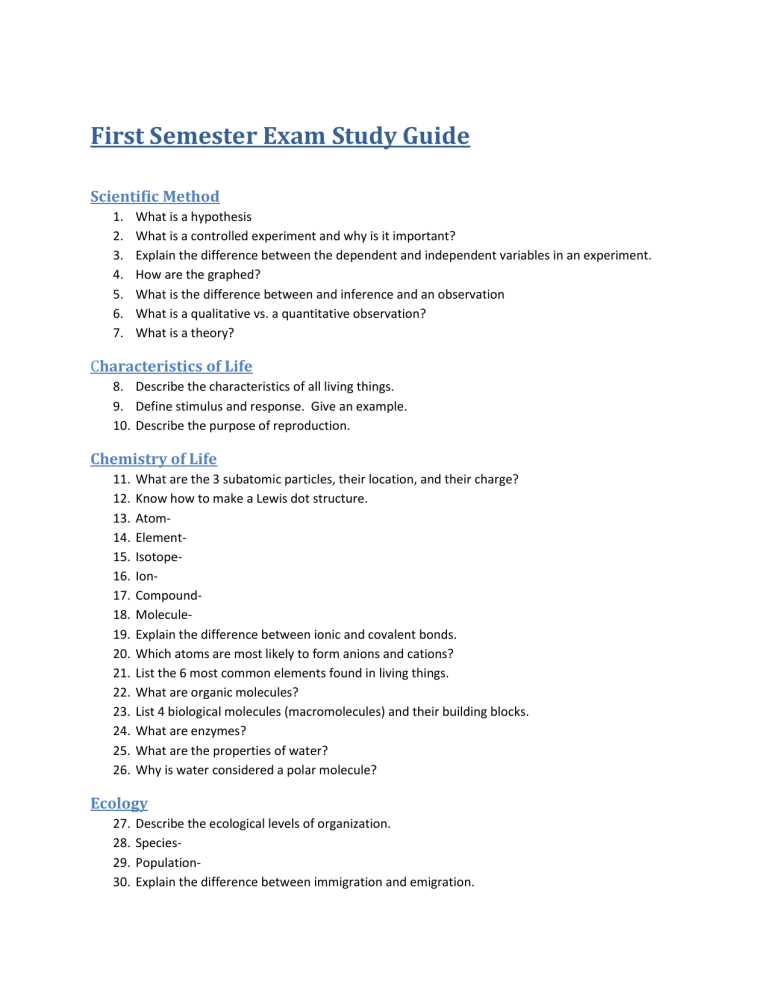
First Semester Exam Study Guide
Scientific Method
1.
What is a hypothesis
2.
What is a controlled experiment and why is it important?
3.
Explain the difference between the dependent and independent variables in an experiment.
4.
How are the graphed?
5.
What is the difference between and inference and an observation
6.
What is a qualitative vs. a quantitative observation?
7.
What is a theory?
C
haracteristics of Life
8.
Describe the characteristics of all living things.
9.
Define stimulus and response. Give an example.
10.
Describe the purpose of reproduction.
Chemistry of Life
11.
What are the 3 subatomic particles, their location, and their charge?
12.
Know how to make a Lewis dot structure.
13.
Atom-
14.
Element-
15.
Isotope-
16.
Ion-
17.
Compound-
18.
Molecule-
19.
Explain the difference between ionic and covalent bonds.
20.
Which atoms are most likely to form anions and cations?
21.
List the 6 most common elements found in living things.
22.
What are organic molecules?
23.
List 4 biological molecules (macromolecules) and their building blocks.
24.
What are enzymes?
25.
What are the properties of water?
26.
Why is water considered a polar molecule?
Ecology
27.
Describe the ecological levels of organization.
28.
Species-
29.
Population-
30.
Explain the difference between immigration and emigration.
31.
What 4 factors affect world population?
32.
Explain the difference between density-dependent and density-independent factors for population growth and give examples.
33.
What is the difference between exponential and logistic growth?
34.
Which of the two applies to natural populations?
35.
Community-
36.
Ecosystem
37.
Explain the difference between biotic and abiotic factors
38.
Biome-
39.
Know the approximate location of the biomes with relationship to equator and basic characteristics
40.
How does latitude affect both temperature and species diversity in biomes?
41.
Biosphere-
42.
Explain the difference between autotrophs and heterotrophs
43.
Synonyms for autotroph
44.
Synonyms for heterotroph
45.
What is the difference between an organism’s habitat and its niche?
46.
Herbivore-
47.
Omnivore
48.
Carnivore-
49.
Detritivore-
50.
Scavenger-
51.
What is succession?
52.
What is the difference between primary and secondary succession?
53.
What is a pioneer species? Give examples for each type of succession.
Cycling of Matter and Transfer of Energy in Ecosystems
54.
Briefly describe the stages of the water cycle, carbon cycle, nitrogen cycle, and phosphorus cycle including the role of living things in each.
55.
What is a food chain?
56.
List the order of trophic levels in a food chain.
57.
What is a food web?
58.
Describe the relationship between the trophic level on an energy pyramid and the corresponding energy available.
Cells
59.
Compare and contrast prokaryotic and eukaryotic cells.
60.
Which has a nucleus?
61.
Give an example of a prokaryote.
62.
What are membrane-bound organelles?
63.
Give examples and their functions.
64.
Why are folded membranes advantageous to cells?
Cell Membrane and Cellular Transport
65.
What is the job of the cell membrane?
66.
What is meant by the term semi-permeability?
67.
Diffusion-
68.
Draw the movement of particles when a cell is experiencing dynamic equilibrium.
69.
Facilitated diffusion-
70.
Osmosis is ______________________________________________________________
Describe each solution in terms of less, greater, or equal solute as compared to the cell and the corresponding movement of water.
71.
Hypertonic-
72.
An example of a hypertonic solution-
73.
Hypotonic-
74.
An example of a hypotonic solution-
75.
Isotonic-
76.
An example of an isotonic solution-
77.
Active transport-
78.
Describe the difference between endocytosis and exocytosis.
79.
Phagocytosis-
80.
Pinocytosis-
Cells and Energy
81.
Write the equation for photosynthesis.
82.
Where does each stage of photosynthesis take place?
83.
What is produced during the light-dependent reactions?
84.
Where do these products go?
85.
What is produced during the light independent-reactions?
86.
What is another name for the light-independent reactions?
87.
Write the equation for cellular respiration.
88.
Why is cellular respiration called aerobic respiration?
89.
Glycolysis-
90.
Krebs Cycle-
91.
Electron transport chain-
92.
What process occurs if oxygen for cell respiration is not available?
